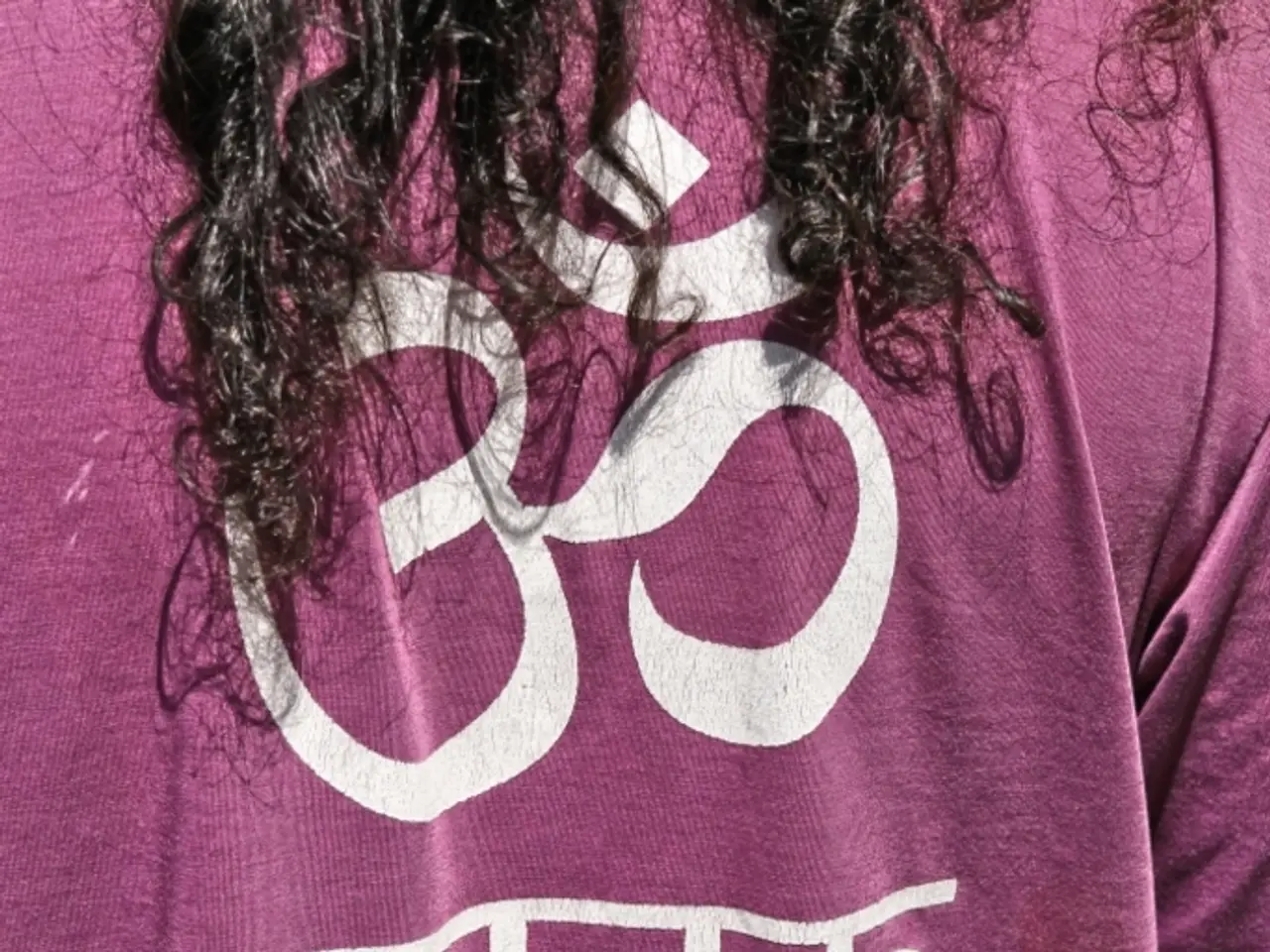Unveiling the Hidden Influences of Our Unconscious Thoughts
=====================================================================================================
The subconscious mind, a largely unseen force, plays a pivotal role in shaping our lives. It influences decision-making, fosters creativity, and impacts emotional health, all while operating just below our immediate awareness.
In the realm of decision-making, the subconscious mind often takes the reins. Quick, intuitive choices are made through subconscious processing, evaluating information, outcomes, and potential actions at a rapid pace. However, these processes can be influenced by prior beliefs and incentives, leading to biases that may not always be apparent.
The subconscious also stores desires and memories that subtly steer our attention and decision-making. These influences can even impact our dreams.
When it comes to creativity, the interplay between the conscious and subconscious minds is crucial. Techniques like Jung’s active imagination allow unconscious themes to emerge into awareness, enriching artistic and problem-solving capacities.
Emotional health is closely tied to subconscious self-talk and internal storytelling. These narratives shape how we perceive reality and influence brain areas linked to motivation and emotional regulation. Positive subconscious influences can boost reward-related brain areas, while negativity can reinforce anxious or hopeless feelings.
Understanding the subconscious mind allows us to question it and gain power over it. By reflecting instead of just reacting, we can make more informed decisions, foster creativity, and maintain emotional balance.
The subconscious mind is responsible for habit formation, emotional memory, pattern recognition, and automatic processing. It is a highly efficient processor that organizes memories, emotions, beliefs, and learned behaviours.
Business leaders, athletes, artists, and surgeons often rely on their "gut" due to their subconscious becoming a trained expert through experience and repetition. Vivid mental imagery can convince the brain something is real or achievable, laying the groundwork for belief and action.
Intuition, a rapid form of subconscious processing, guides decisions based on patterns stored over time. Mindfulness meditation builds awareness of subconscious patterns and reactions, while the incubation effect in psychology refers to the process where the subconscious continues processing a problem after conscious work has stopped, making surprising connections the conscious mind might never reach on its own.
Old emotional wounds, beliefs, and fears often hide in the subconscious and can shape our reactions and behaviours. The subconscious can carry outdated or biased information, leading to snap judgments that aren't entirely fair or rational.
Dreams are another outlet for subconscious processing, reflecting how the brain organizes emotional and cognitive material. The subconscious can be influenced and reprogrammed through consistency and clarity.
Changing your subconscious beliefs about yourself isn't easy, but it's possible with emotional processing and supportive tools like breathwork, reflective writing, or select nootropic regimens. Enhanced focus and energy from nootropics or brain supplements can help engage the subconscious effectively during meditation or visualization.
The subconscious plays a crucial role in creativity, knitting together thoughts behind the scenes and contributing to "aha" moments. By understanding and harnessing the power of the subconscious mind, we can make more informed decisions, foster creativity, and maintain emotional balance.
- Mental health is deeply connected to the subconscious mind's narratives, as they shape our perception of reality and influence brain areas linked to emotional regulation.
- Mindfulness meditation can build awareness of subconscious patterns and reactions, providing insights into our behavior and fostering emotional balance.
- The subconscious mind plays a pivotal role in decision-making, making quick intuitive choices based on stored information, outcomes, and potential actions.
- Techniques like mindfulness, breathwork, and reflective writing can help change subconscious beliefs about oneself, leading to personal growth.
- In the health-and-wellness industry, the use of nootropics or brain supplements is increasingly popular, as they can enhance focus and energy required for engaging the subconscious effectively during meditation or visualization.
- Creativity is the product of an interplay between the conscious and subconscious minds, with techniques like Jung's active imagination allowing unconscious themes to emerge into awareness.
- The subconscious mind is responsible for habit formation, organizing memories, emotions, beliefs, and learned behaviors, making it a highly efficient processor.
- When it comes to emotional health, the subconscious self-talk and internal storytelling significantly impact our well-being, either boosting or reinforcing anxious or hopeless feelings.
- Understanding the subconscious mind through education-and-self-development resources allows us to question it, gain power over it, and make more informed decisions.
- Dreams are another outlet for subconscious processing, reflecting how the brain organizes emotional and cognitive material, and can be influenced and reprogrammed through consistency and clarity.




